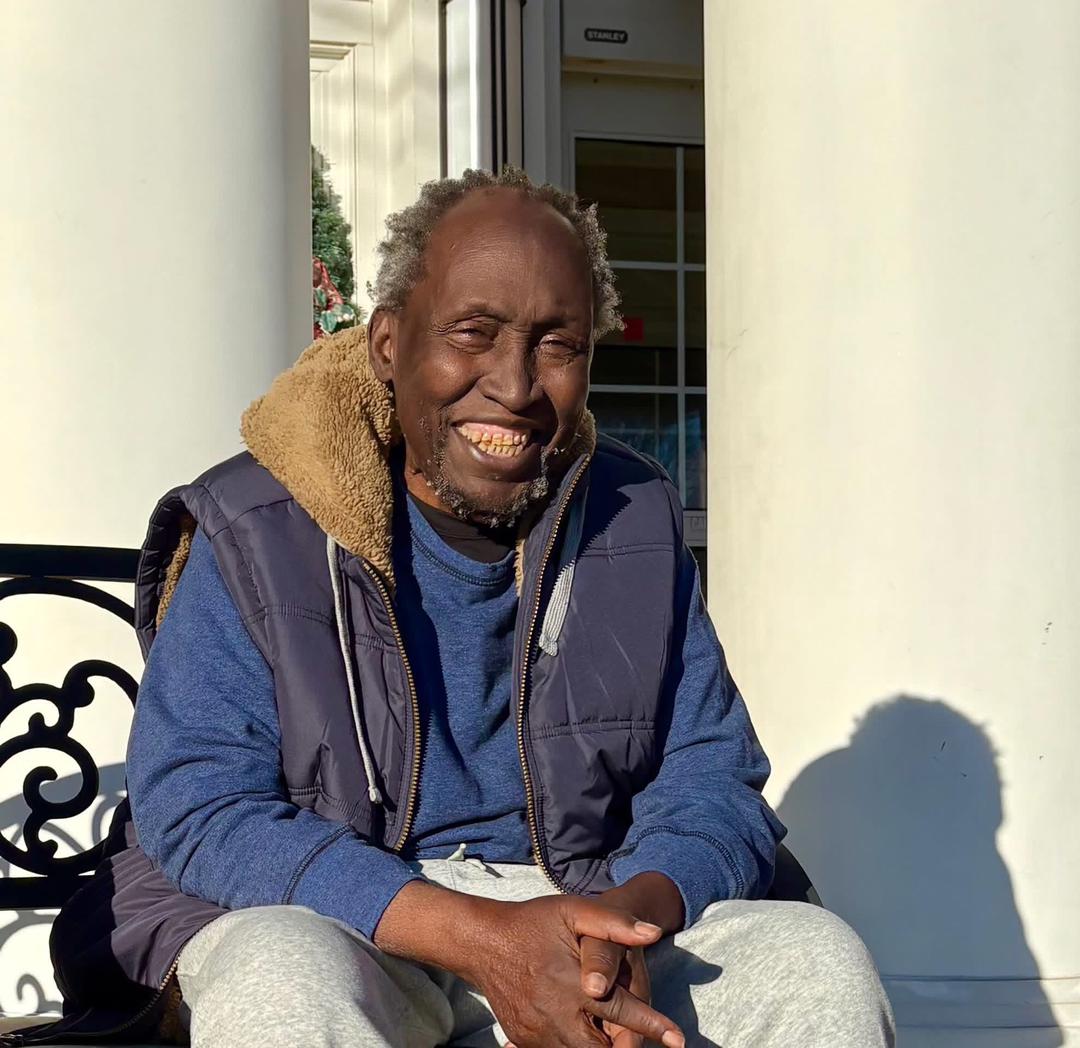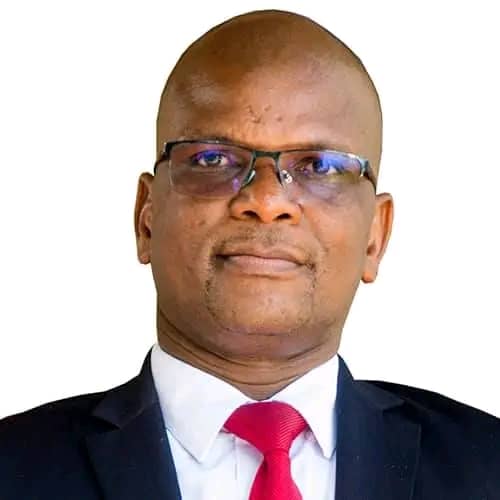
By Onoja Baba, Nigeria
Renowned Kenyan writer and thinker Ngũgĩ wa Thiong’o has passed away.
The iconic literary figure died on the morning of Wednesday, May 28, 2025, his family announced. He was 86.
In a heartfelt statement, his children described him as having “lived a full life” and “fought a good fight.”
They called on the public to honour his memory by celebrating his life and body of work.
His daughter, Njoki wa Ngugi, shared the news on behalf of the family via social media.
Details of his celebration of life will be announced by the family’s spokesperson, Nducu wa Ngugi, in the coming days.
Ngũgĩ wa Thiong’o was one of Africa’s most respected and influential writers, thinkers, and critics.
Born in 1938 in Limuru, Kenya, he rose to global prominence with novels that powerfully captured the struggles of postcolonial Africa and the human spirit in the face of political oppression and social injustice.
His early works such as Weep Not, Child and The River Between remain foundational texts in African literature, addressing themes of colonialism, identity, and resistance.
His later works, including Petals of Blood and Devil on the Cross, further cemented his reputation for fearless criticism of political corruption and neocolonial exploitation.
Ngũgĩ’s commitment to linguistic decolonisation also defined his life’s mission.
He famously began writing in Gikuyu, his native language, believing that language was central to cultural liberation. His theoretical work Decolonising the Mind remains one of the most important postcolonial texts ever written.
Over the years, Ngũgĩ was imprisoned, exiled, and censored, but he never abandoned his principles.
He became a professor of comparative literature and a globally sought-after voice in discussions on power, memory, and justice. Even in exile, he continued to influence generations of scholars, writers, and activists across Africa and the world.
His death marks the end of an era. For many, Ngũgĩ wa Thiong’o was not only a literary icon but also a moral compass who used words as weapons for liberation.
His vision of a truly free and decolonised Africa inspired countless people and movements.
As the world mourns this literary giant, tributes continue to pour in from readers, writers, and leaders who credit him with shaping their understanding of history, politics, and the African experience.
His legacy, deeply rooted in courage, culture, and language, will endure for generations.
categories
recent posts

NIGERIA: Students Escape Death As Classroom Collapses During WAEC Exams In Taraba

KENYA: Raila Offers Land In Kisumu For Affordable Housing Project In Kenya



